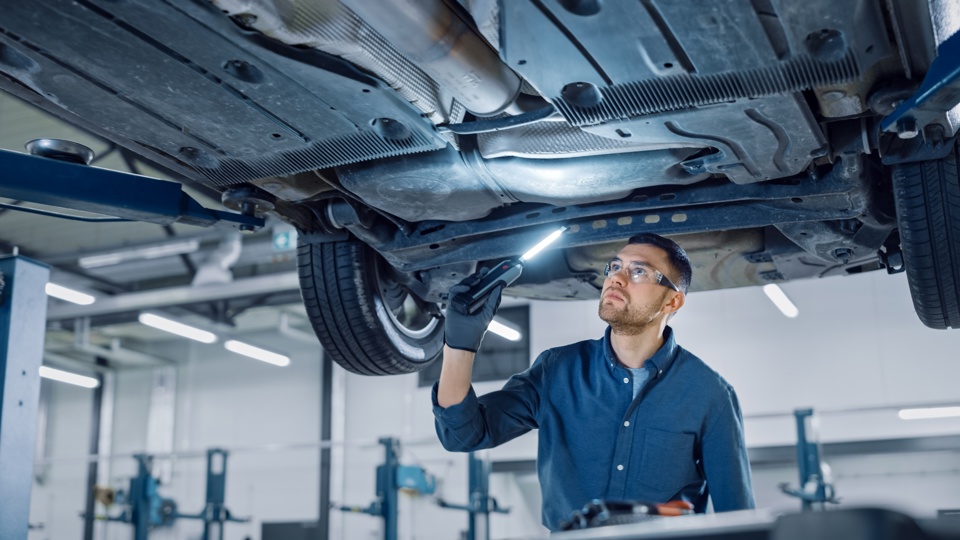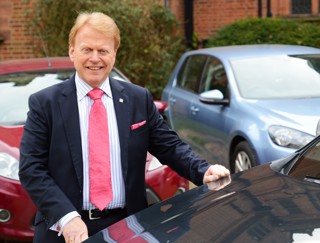The number of job vacancies in the automotive sector has risen by 40% in the first three months of 2022, reaching a five-year high.
Reflecting that demand for skills pushes up salaries, advertised salaries for vehicle technicians have increased by more than 8% year-on-year.
Data from the Institute of the Motor Industry (IMI) also shows a more than 7% increase in advertised salaries across all automotive roles compared to March 2021.
The IMI’s analysis of job postings data for all automotive occupations, for March 2022, shows a 51% increase in postings year-on-year.
“Right now, the automotive retail and aftermarket sectors are facing probably the worst skills deficit for more than 20 years”, said Steve Nash, CEO of the IMI. “And the pressure is likely to be even further exacerbated by the higher than normal sickness absences caused by the surge in COVID-19 positive tests.
“We therefore welcomed the opportunity to meet with the Department for Business, Energy and Industrial Strategy (BEIS) earlier this week to discuss our concerns regarding the unprecedented skills shortages the sector is facing.
“Brexit has exacerbated a skills gap that already existed; COVID-19 also hit the talent pipeline with a huge reduction in apprentice training and recruitment that is likely to take some years to rectify.
“We outlined to BEIS our belief that adding the key automotive technical roles to the government’s Shortage Occupation List could potentially make it significantly easier for employers to recruit talent from overseas. We also asked for the sector to have access to the government’s Green Occupations funding to help support the upskilling of Technicians to work on EV’s. We will continue to work with Government to ensure it understands the significant risks of the current skills gap on the UK economy as a whole.”
The latest findings mirror the people gap seen across the HGV sector, where analysis shows that the number of posts advertised for HGV technicians has risen by 46% from January to March. Year-on-year advertised salaries for HGV technicians have increased by more than 10%.
“Unquestionably it’s a challenging situation – and sadly not one that is easy to fix instantly”, added Nash. “But it does underline just how critical it is for the sector to rethink its recruitment strategies as a matter of urgency. Our Diversity Task Force Report, published last month, highlighted the lack of diversity in the sector with the issue becoming particularly critical the higher up the pay-grade. The fact of the matter is, if the sector becomes more open to a more diverse workforce it will not only have a better chance of tackling the current skills deficit, but also build stronger foundations for the future with improved retention rates.”
The IMI has warned that the automotive retail sector does not currently have the skills and the pipeline of talent needed to service and repair electrified vehicles.
It is calling for a £15 million investment in electric vehicle (EV) technician training from the Government. The funding boost would, according the IMI, play a critical role in contributing towards training for up to 75,000 technicians.
Car retailers' aftersales departments need to take action to keep pace with dramatic changes in the sector such as electrification, automation and digitisation.



















Login to comment
Comments
No comments have been made yet.